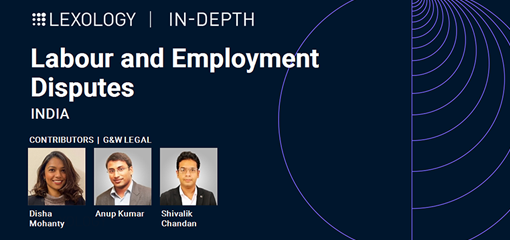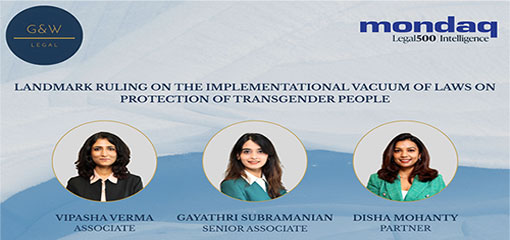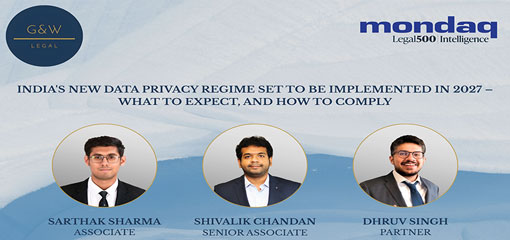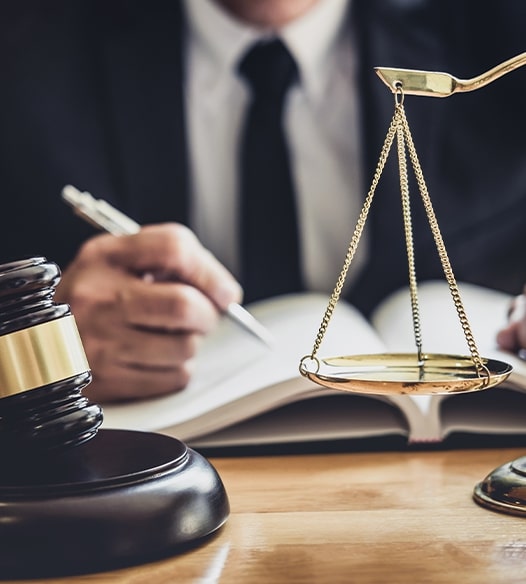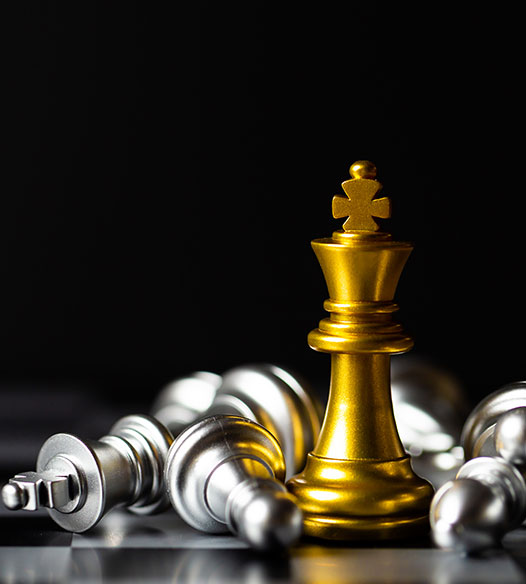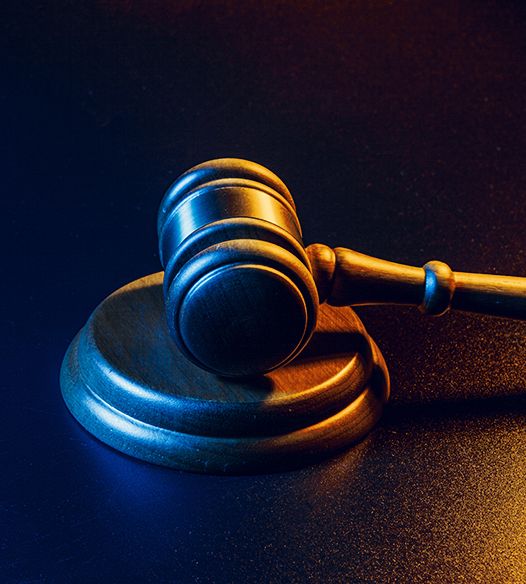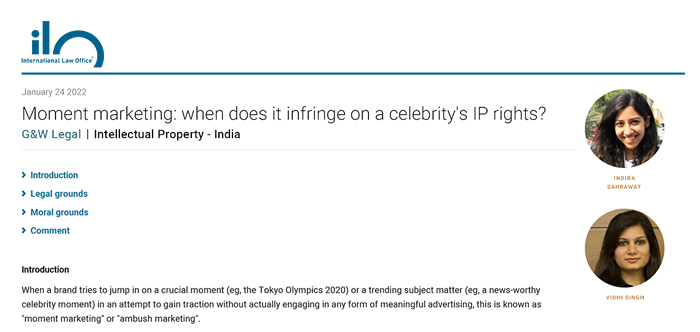
Introduction
When a brand tries to jump in on a crucial moment (eg, the Tokyo Olympics 2020) or a trending subject matter (eg, a news-worthy celebrity moment) in an attempt to gain traction without actually engaging in any form of meaningful advertising, this is known as “moment marketing” or “ambush marketing”.
Moment marketing recently became a hot topic for discussion when it was reported that Baseline Ventures, the sports marketing company that manages professional badminton player PV Sindhu, sent legal notices to around 20 brands claiming damages amounting to 50 million rupees per brand for using Sindhu’s name and image in congratulatory posts to allegedly advertise themselves, infringing on her IP rights in doing so.
According to a news report, of the 20 brands that were issued notices, HappyDent, Kotak Bank, Pan Bahar, Vicks and Apollo Group have reportedly removed their posts. This sparked a much-needed debate on the legalities of moment marketing and where to draw the line between infringing upon celebrities’ rights and taking advantage of a “moment”.
Legal grounds
Broadly speaking, in India, celebrities and other famous personalities possess IP rights with respect to their names, performances and images (more commonly termed as “the right of publicity”), which – though not explicitly provided for – are an extension of more general rights available to individuals under the Trademarks Act and the Copyright Act.
For example, there have been many instances where Indian celebrities have got their names and/or their signatures protected as a trademark. Famous Indian cricketer Sachin Tendulkar and Bollywood actor Shah Rukh Khan have got their names trademarked, and Bollywood actress Kareena Kapoor has registered her signature as a trademark in multiple classes, including classes 3 and 25. Under the provisions of the Trademarks Act, to prevent the misuse of names and representations of persons, living or dead, the registrar may, prior to granting registration of trademarks that falsely suggest a connection with any such person, ask the applicant to show consent from the person in question, and may refuse such an application for lack of consent.

